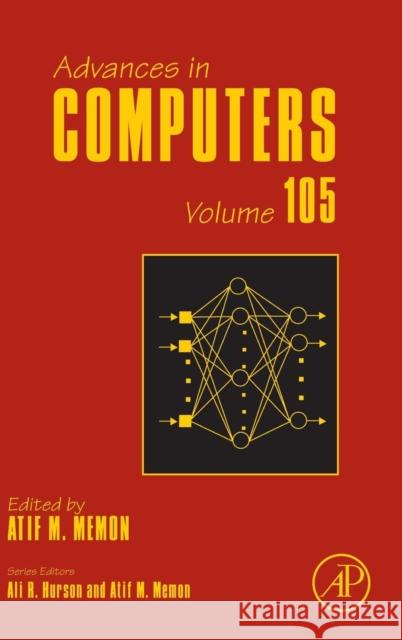Advances in Computers: Volume 105 » książka
topmenu
Advances in Computers: Volume 105
ISBN-13: 9780128122327 / Angielski / Twarda / 2017 / 202 str.
Advances in Computers: Volume 105
ISBN-13: 9780128122327 / Angielski / Twarda / 2017 / 202 str.
cena 612,09
(netto: 582,94 VAT: 5%)
Najniższa cena z 30 dni: 609,58
(netto: 582,94 VAT: 5%)
Najniższa cena z 30 dni: 609,58
Termin realizacji zamówienia:
ok. 16-18 dni roboczych.
ok. 16-18 dni roboczych.
Darmowa dostawa!
Kategorie:
Kategorie BISAC:
Seria wydawnicza:
Język:
Angielski
ISBN-13:
9780128122327
Rok wydania:
2017
Numer serii:
000042570
Ilość stron:
202
Waga:
0.44 kg
Wymiary:
22.91 x 15.19 x 1.27
Oprawa:
Twarda
Wolumenów:
01











